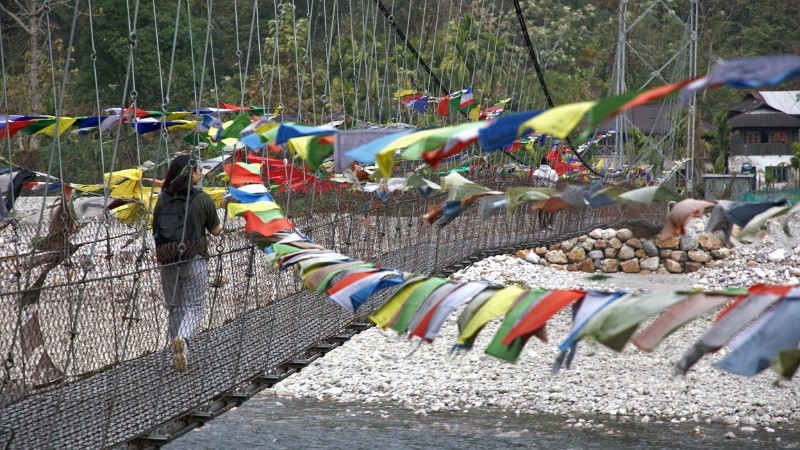
Bhutan, often dubbed the "last Shangri-La," has completed five decades since opening its doors to tourism. Known for its breathtaking landscapes of whitewashed monasteries, pine forests, and glacial rivers, the Himalayan kingdom remains a sanctuary of natural beauty and cultural richness. However, while Bhutan's tourism policies have traditionally prioritized exclusivity through its high-value, low-volume approach, the country is now embracing changes to boost its economy.
A Retreat for Wellness and Adventure
Tourists are drawn to Bhutan for its unique mix of nature, adventure, and cultural experiences. Luxury hospitality brands like Six Senses have capitalized on this appeal. At Six Senses Thimphu, visitors can immerse themselves in wellness activities, from holistic spa treatments to yoga and meditation in serene settings. Experiences such as traditional hot stone baths, infused with healing herbs like khempa (Artemisia), offer a glimpse into Bhutan's rich traditions.
Tourism: A Lifeline for the Economy
Economic challenges have prompted Bhutan to adapt its tourism model. Tshering Tobgay, Bhutan's prime minister, has emphasized the urgency of reviving the economy, which has faced slow growth, rising youth unemployment, and dwindling foreign reserves. Tourism is seen as a critical driver for economic recovery, with a target to reach over 300,000 visitors annually, a significant leap from the 103,000 visitors recorded in 2023.
Accessibility and Affordability
To make Bhutan more accessible, new measures have been introduced:
Additionally, the mandatory Sustainable Development Fee for international travelers has been reduced from $200 to $100 per day through August 2027, with further discounts for Indian travelers and children under 12. This fee supports critical projects like healthcare, education, and infrastructure development.
A Balanced Approach to Growth
Despite these changes, Bhutan remains committed to its principles of Gross National Happiness (GNH), a holistic measure of progress that balances economic growth with cultural preservation and environmental sustainability. The government’s focus on drawing diverse travelers from markets like the US, Europe, and Australia aims to ensure that growth aligns with Bhutan’s values.
Positive Results and Future Prospects
These efforts have already shown promising results. Tourist arrivals surged by 97% in early 2024 compared to the previous year, with notable increases from countries such as Germany, Singapore, and the US. Bhutan's evolving tourism model seeks to retain its allure while addressing economic imperatives, making it a compelling destination for travelers worldwide.